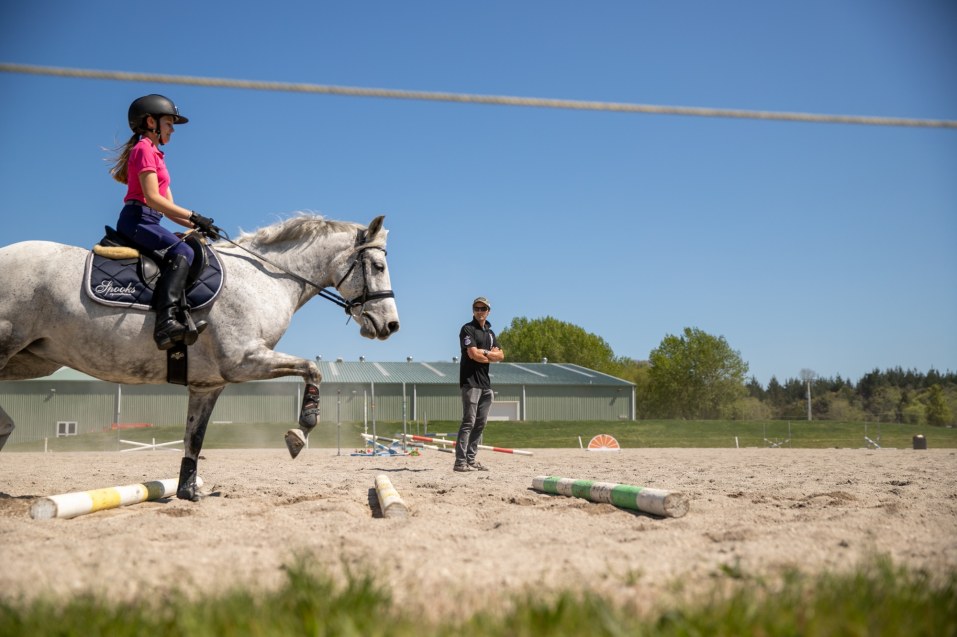
Nutrition plays a key role in the development of a sound performance horse, along with the ability of the horse to continue to perform.
However, there are other contributors to the success of the ongoing soundness of the equine athlete.
At the recent KER conference in Florida, Dr Hilary Clayton’s presentation focused on ‘Dressage Training and Conditioning’. Certainly, many of the recommendations could be applied to any discipline.
The goal of conditioning the horse is to ‘induce physiological and structural adaptations to the horse’s body, which will result in both improved performance and improved longevity.’
The theme that was very apparent throughout the presentation was that of diversification. Variety not only in the type of work but also the surfaces and terrain they are performed on.
Diversification or cross-training provides many benefits to the horse. Interestingly, horses that had involvement in two or more disciplines by the age of 7 years had a longer useful life.
The benefits of cross-training were outlined as:
Developing more diverse skills in the horse.
Less repetitive loading.
Strengthened a greater range of musculoskeletal tissues.
Preserves the horse’s orthopedic health.
A strenuous workout can lead to microscopic damage to tissues of the locomotory system, part of the natural process of physiological adaptation. The damage will heal over the following 24- 28 hours. However, if the same workout is applied day after day, the opportunity for the horse to heal naturally is not available, damage accumulates, and an injury may become clinical. Varying the work from day to day and on different types of footing and terrain reduces this risk of accumulative repetitive injury. It was therefore suggested to alternate a day of training with a day of cross-training and in doing so, utilise different surfaces, terrain - particularly hills, and pole work.
‘Training teaches technical excellence, cross-training keeps horses sound.’
For a dressage horse, the nature of the sport is repetitive, as there is a large amount of practice that occurs to develop the movements. It is therefore important that the movements are practiced correctly but that they are also not excessive in their repetitions.
Dr Clayton concluded by emphasising ‘Horses need to get out of the sandbox and do other types of exercise to reduce the risk of injury’.

